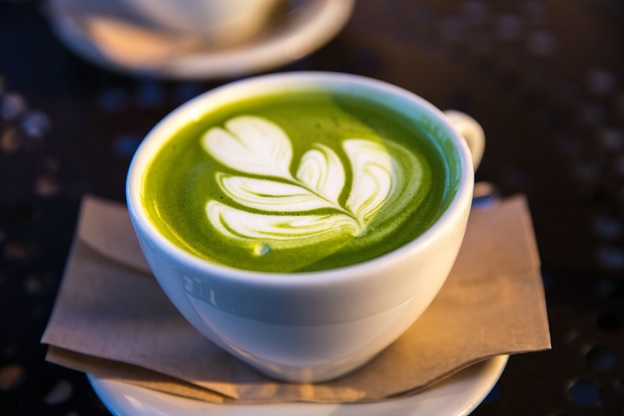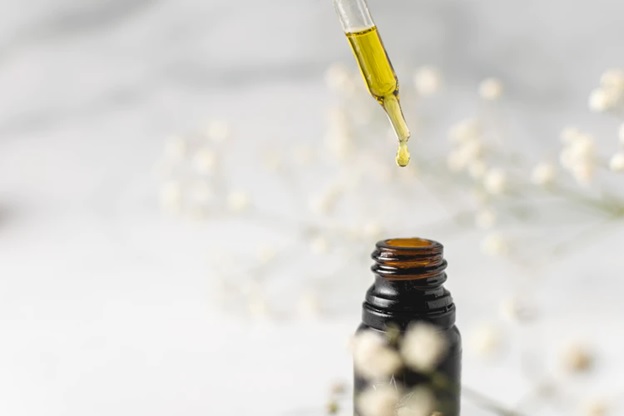Start 14-Day Trial Subscription
*No credit card required

How to Sleep When You are Having an Opiate Withdrawal?
If a person has misused pain relievers or heroin for a long period, they will experience withdrawal symptoms after they stop using these substances. If someone wants to retreat from them at home, there are several potential treatments they might attempt to assist reducing the associated symptoms. Opiates are not just illicit substances, but they are also occasionally prescribed treatments that operate on opioid receptors in the body. When consumed, they can alleviate pain while also generating euphoria.
Opiates can help people recover from accidents or sickness if they are used as recommended by a doctor and for a limited period of time. They are addictive and life-threatening when taken illegally or excessively. While opiate withdrawal symptoms are seldom fatal, they can be unpleasant and difficult to manage.

Does Kratom help with opioid withdrawal?
Kratom, an herbal extract derived from the leaves of an evergreen tree (Mitragyna speciosa) native to Southeast Asia, is one drug marketed as a withdrawal therapy. Kratom is offered as a dietary supplement in the United States and is not officially regulated, although government authorities are taking steps to prevent fraudulent kratom claims.
It has been established that the plant can be used in many beneficial ways hence it's not surprising to find out that kratom has multiple benefits when it comes to fitness and bodybuilding.
In Asia, modest quantities of kratom have been used to alleviate tiredness or opium addiction. In other areas of the globe, individuals use kratom to alleviate withdrawal symptoms, increase energy, relieve pain, and reduce anxiety or sadness. People use the maeng da kratom for opiate withdrawal to help with withdrawal symptoms because it produces euphoria and is easier to get than medicines prescribed for detox.

The majority of individuals use kratom to self-medicate their opiate addiction
People use kratom products for recreational purposes in conjunction with antidepressants, antipsychotics, opioids, benzodiazepines, as well as some designer opioids and synthetic cathinones, sometimes without seeing a physician. According to the researchers, they also use kratom to self-treat a variety of illnesses such as pain, COVID-19, ADHD, mood and anxiety disorders, and opiate and alcoholism, and withdrawal.
Opioid Addiction Treatment Using CBD Oil
In this post, we will go through the most frequent symptoms of opiate withdrawal and how you may treat them with kratom and CBD. The substance in marijuana is cannabidiol (CBD). CBD does not produce intoxication in contrast to other marijuana components, such as THC. CBD is well-known, on the contrary, for its inhibitory response, which leads to the advantages of analgesics and anxiety.
CBD oil is one type of CBDistillery product that are intended for oral use. CBD oil is typically mixed with food or drinks, but it may also be taken sublingually (under the tongue). Individuals may also apply CBD oil on their skin in rare circumstances, but this is more frequent with CBD tinctures. Because CBD readily binds with fat, oil is an ideal carrier for the CBD molecule.
Opioid addiction, like any other substance addiction, is a persistently relapsing condition characterized by a compulsive urge to take opioids and a lack of control over opioid usage. When someone abuses opioids to the point of dependence, their brain structure might change.
If you are considering replacing CBD oil with prescription opioids, keep in mind that it may not work for everyone. While studies have shown that opioid cravings are lessened in a lab setting, at-home surveys show that some people continue to feel the same degree of cravings after they return to their old surroundings.
It is never advisable to discontinue any medicine without first speaking with a medical practitioner. However, before substituting CBD oil for prescription pain medication, visit a medical expert, pick CBD products with caution, and bear in mind that it may not work for everyone.

Could CBD Help With Opioid Addiction?
Cannabidiol (CBD) has recently gotten a lot of interest as a possible therapy for everything from epilepsy to anxiety. According to a new study, it may also assist with the cravings associated with opiate addiction. CBD is a product of the cannabis plant like marijuana. It does not generate a high, unlike marijuana. The research comprised 42 men and women who had a history of heroin misuse but were no longer using it. Heroin is a kind of illicit opioid. Other opioids include strong prescription pain relievers like oxycodone (OxyContin).
Participants in the research were given either an oral CBD solution or an inert placebo before being shown movies with neutral and drug-related signals. Neutral cues included views of nature and calming settings, whereas drug-related cues included scenes of IV drug usage and heroin-related objects such as needles, rubber ties, and powder packets.
CBD was observed to lower drug cue-induced desire and anxiety in individuals when compared to a placebo, according to the study.
Conclusion
Moreover, if none of the following suggestions help you sleep during opiate withdrawal, it might be a symptom of a deeper problem. You, like many others, may be affected by a sleep problem. Speak with a sleep professional about what you can do to manage your sleep issues.
Although there is no magic cure for opiate withdrawal insomnia, these techniques may help you sleep better during the process and feel much better overall.



